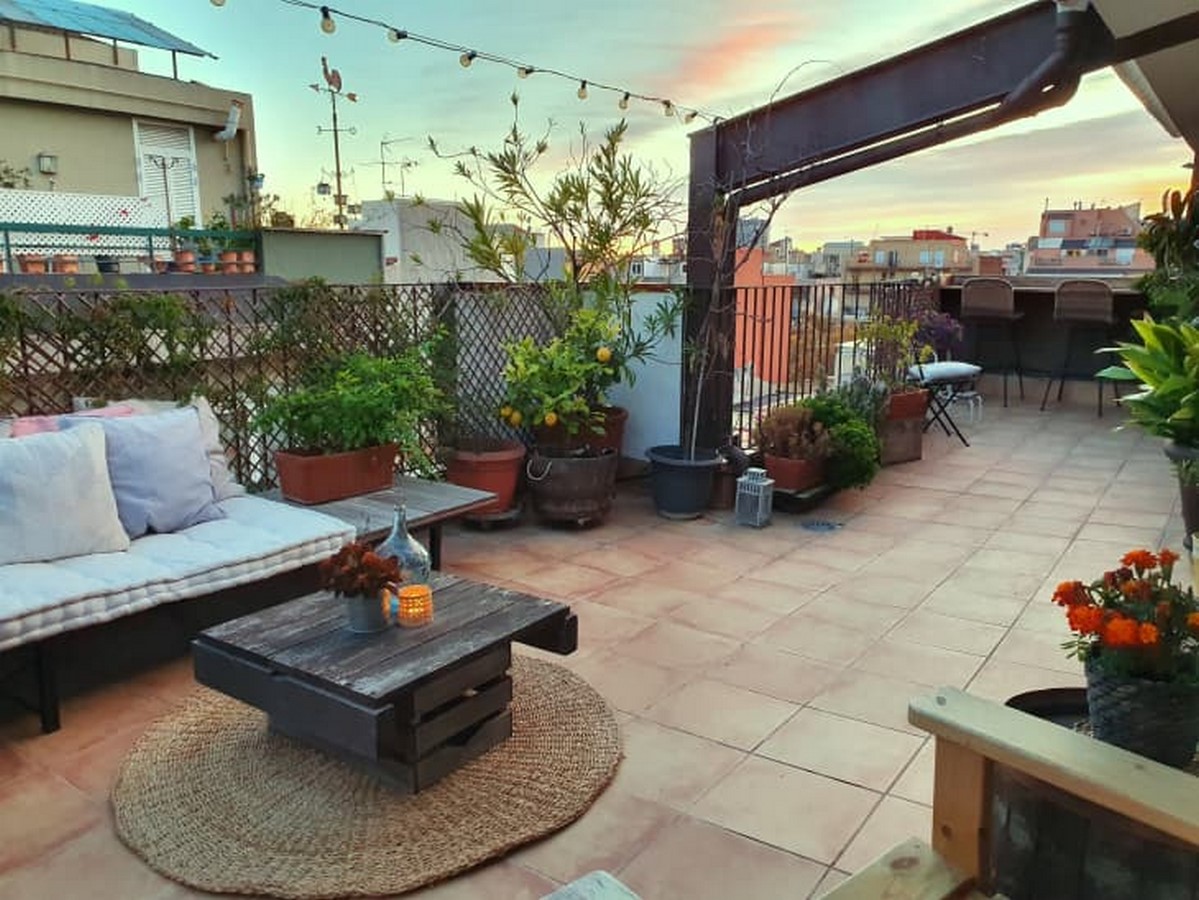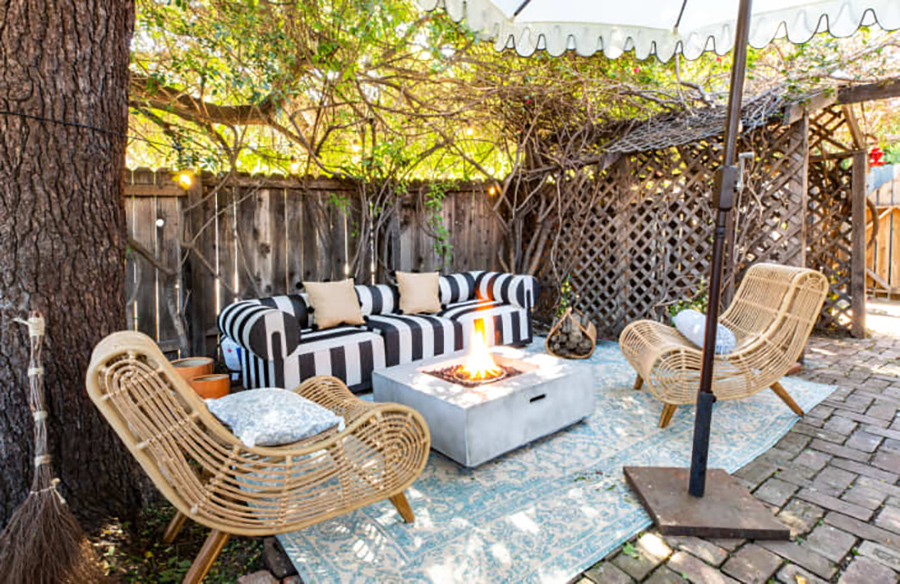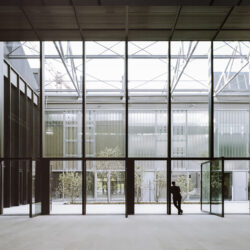Building Camaraderie Through Greetings
When sharing outdoor spaces, building connections with neighbors is crucial. Sarah Lee, residing in a four-unit building with a communal front porch, emphasizes the importance of welcoming neighbors. By acknowledging fellow residents in common areas, meaningful friendships can blossom, fostering a harmonious living environment.
Gardening: Collective Decision or Individual Initiative
In smaller, self-governed buildings, the responsibility for landscaping often falls on residents. The decision to hire a landscaping company or take on the task individually lies with the community. This choice significantly impacts property value, as emphasized by John Coleman, a Realtor in Washington, D.C. The upkeep of outdoor spaces directly correlates with their attractiveness and, subsequently, property value.
Reserving Outdoor Dining Spaces
Implementing a reservation system for shared dining spaces optimizes usage and prevents conflicts. Patrick Wilson’s experience in a co-op building highlights the success of a reservation system, ensuring equitable access to larger outdoor areas. Such a system, facilitated through a simple sign-up chart, enhances overall satisfaction among residents.
Adhering to the Golden Rule: Leave No Trace
A fundamental unspoken rule transcending building sizes is to leave shared spaces as they were found. Sadie Cornelius recounts the mutual respect within her four-unit building, where residents adhered to their designated roles and consistently maintained the space. Whether sweeping leaves or cleaning the grill, the golden rule of leaving no trace contributes to a positive shared living experience.

Strategic Planning for Furniture Replacement
With increased occupancy, effective plans for outdoor furniture maintenance become essential. Liz Malm’s experience in a high-rise building underscores the importance of regular upkeep, such as seasonal replacement of seat cushions. Understanding the building’s maintenance plan, funded through amenity fees or HOA dues, ensures the longevity and appeal of outdoor spaces.
Pets Allowed, but with Responsibility
While a building may allow pets, responsible ownership is paramount for a pet-friendly environment. Kate Ziegler advises potential buyers to delve into meeting minutes to understand the community’s stance on pets, as documented discussions reveal the true sentiment among residents. Upholding cleanliness standards when it comes to pets contributes to a harmonious outdoor atmosphere.
Distinguishing Common Space from Playground
Recognizing shared outdoor spaces as common areas, not playgrounds, maintains a conducive living environment. Ziegler suggests adhering to expectations regarding the storage of bikes and toys, both for adults and children. Respecting these norms ensures a balanced and enjoyable experience for all residents in the shared spaces.



















